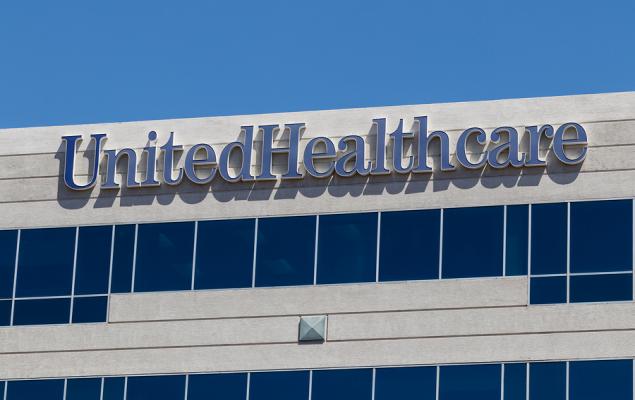UnitedHealth Group Incorporated experienced a significant surge of 8.6% in its stock value yesterday, following optimistic commentary regarding its outlook for Medicare Advantage (MA) star ratings for the upcoming year. This positive outlook has alleviated some investor concerns in light of previous challenges the company faced in the market. Notably, higher star ratings translate to larger financial incentives for the insurer, enhancing its revenue potential.
The company projects that approximately 78% of its MA members will be enrolled in plans boasting quality ratings of four stars or above next year. This target, previously communicated by former CEO Andrew Witty earlier this summer, resonates well with the company’s historical performance, addressing anxieties among investors about potentially missing their targets.
However, the Medicare Advantage landscape has become increasingly complex. As more seniors utilize medical services, expenses have surged, leading to pressures on profit margins for private insurers. In a positive development for the industry, a recent study by the Kaiser Family Foundation reported that the Centers for Medicare & Medicaid Services (CMS) is set to distribute $12.7 billion in MA bonus payments in 2025. This figure marks an increase from the $11.8 billion allocated in 2024.
In addition to its star ratings expectations, UnitedHealth is anticipated to reaffirm its 2025 adjusted earnings per share (EPS) forecast of $16, a guideline the company refreshed on July 29. Nonetheless, the insurer continues to navigate a series of challenges, including an ongoing investigation by the Justice Department concerning its Medicare billing practices, reimbursement strategies, and operations tied to Optum Rx’s pharmacy benefit management (PBM) services. Furthermore, scrutiny surrounding the company’s repayment terms to healthcare providers following the 2024 Change Healthcare cyberattack has intensified, with lawmakers expressing concerns about UnitedHealth’s approach.
Other health care companies, including CVS Health Corporation and Centene Corporation, also reported stock gains yesterday, reflective of a broader optimism about the industry’s future, particularly regarding Medicare Advantage. However, rising concerns have emerged related to the qualification thresholds—often referred to as “cut points”—for bonus payments, which appear to be tightening. Humana Inc. notably suffered a decline of 12% as worries about meeting these harsher criteria circulated in market discussions, underscoring the financial interconnectedness of star ratings and profitability for large insurers.
As clarity around these issues is anticipated with the CMS’s final ratings set to be released in October, the recent upswing in UnitedHealth’s share price has mitigated its year-to-date decline to 31.2%, in comparison to the broader industry decline of 28.9%. In terms of valuation, UnitedHealth currently trades at a forward price-to-earnings ratio of 20.33, surpassing the industry average of 15.38, and holds a Value Score of C according to Zacks Investment Research.







